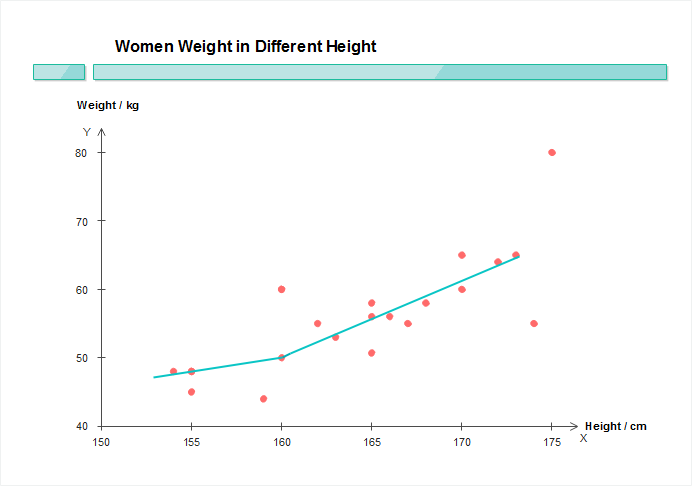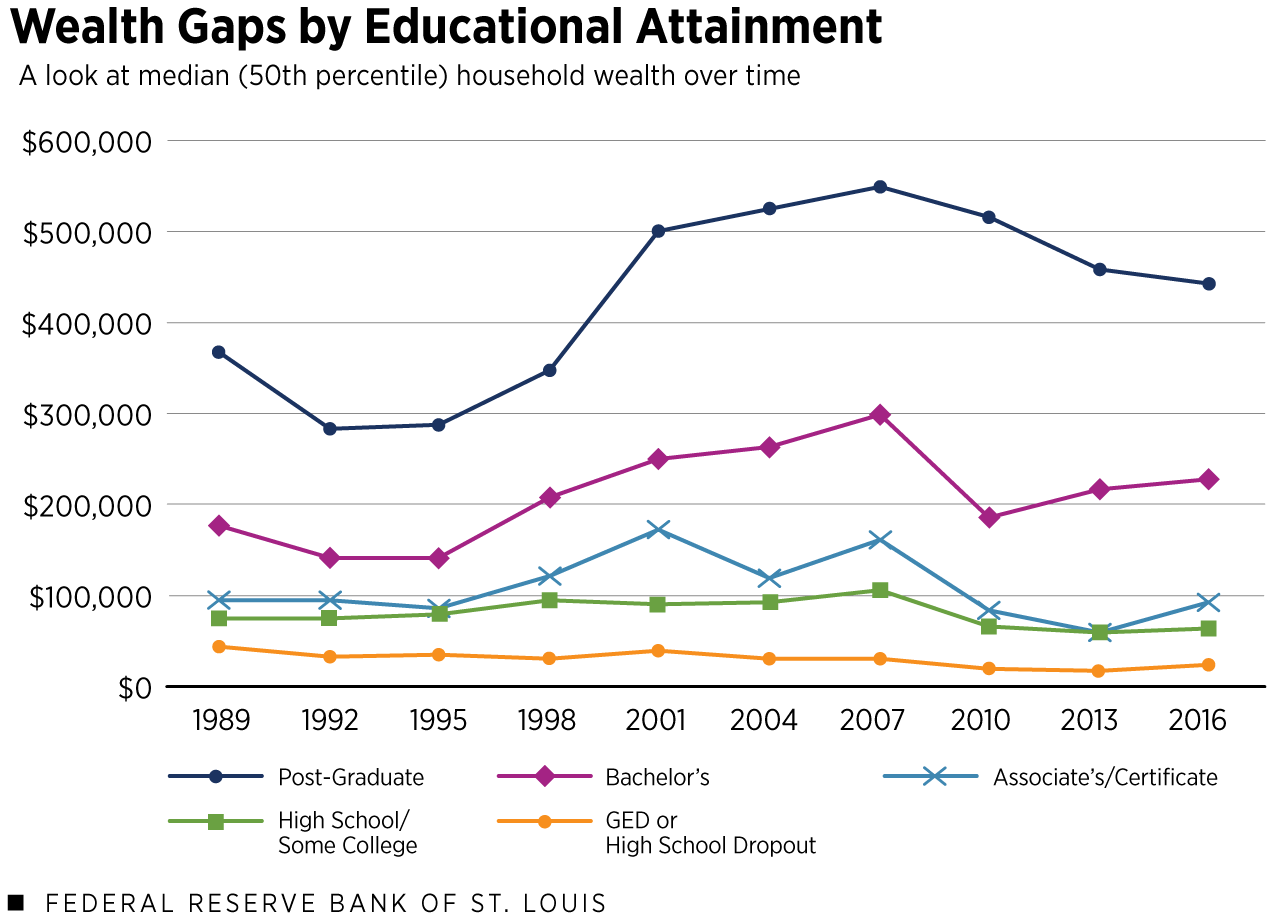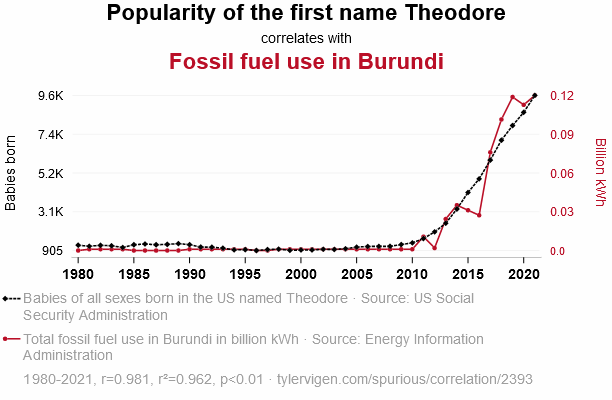Correlation and causation
Introduction
When media reports on the outcome of studies, one of the things you need to be aware of is correlation and causation.
What are they?
Correlation is when one thing increases when another thing increases. Causation is when one thing causes another thing. These two things are not the same. But sometimes studies and articles about studies act like they are. People can say that one thing "causes" another when they both increase at the same, leading to misinformation being spread.
Examples
- Two things that are correlated and one causes the other are height and weight. The taller you are, usually, the more you weigh (though obviously someone can be short and heavy. That’s another thing to remember- there are usually exceptions, correlation is more a general pattern than a rule).

This graph shows that weight increases as height increases. Graph by James Freeman.
- Two things that are correlated and both cause each other are education and wealth. More educated people tend to earn more, but also people who are wealthier usually have access to better education.

This graph shows education and wealth over time. Graph by Ana Hernández Kent, Lowell R. Ricketts and Ray Boshara
- Two things that are correlated with each other but are both caused by a third thing are drownings and ice-cream sales. Both increase at the same time- in hot weather.
- Two things that are correlated with one another but have no causation are popularity of the first name Theodore in the USA and fossil fuel use in Burundi. Both follow a similar pattern but it is probably a coincidence.

This graph shows popularity of the name Theodore in the USA and fossil fuel use in Burundi over time. Graph by Tyler Vigen.
Now consider an article was published showing people who ate healthy foods had a better memory, and it was retweeted by a health food shop. What might cause this correlation?
- People with good memory might be more able to cook healthy foods.
- The pattern might be caused by a third thing, like mental health issues (depression effects your memory, and also your ability to perform tasks such as cooking) or poverty (poverty is correlated with poor working memory (Evans and Schamberg 2009) and, in urban settings, poor access to healthy food (Vilar-Compte et al. 2021)).
- Or it could a coincidence.
Chances are, being a health food shop, the tweeter wants you to believe that science “proves” healthy food improves your memory. But we just said that there could be other causes! That is an example of correlation and causation being abused on social media.
Source list

Published 22nd April 2024.